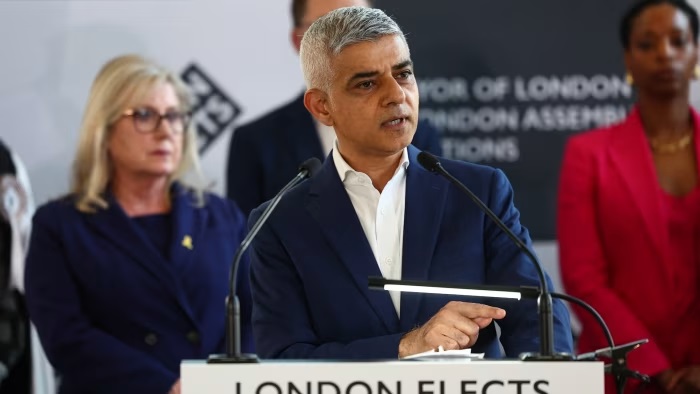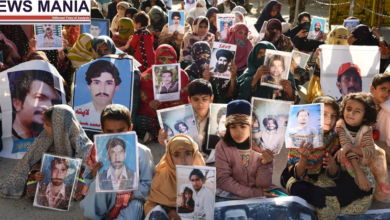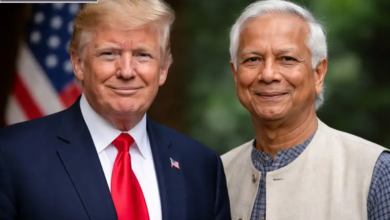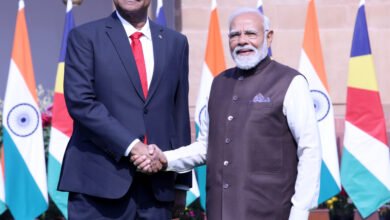Sadiq Khan Starts Third Term As The Mayor of London: Pledges and Promises

London Mayor Sadiq Khan embarked on his third term on Tuesday, May 6th, with a resolute pledge to elevate London into the “best city in the world to grow up in.” Securing a historic third term, Khan emerged victorious over Conservative contender Susan Hall by a significant margin of approximately 275,000 votes. His upcoming tenure will be dedicated to enhancing the prospects and experiences of young Londoners, aiming to foster an environment where they can thrive from childhood to career and beyond.
In an anticipatory excerpt from his address, Khan articulated his dedication to empowering the next generation, ensuring that Londoners have the resources and opportunities necessary to fulfill their potential. He emphasized the importance of dismantling societal barriers, such as those related to class, race, and gender, to create a city where all individuals have equal access to advancement opportunities.
Khan’s strategic vision for the next four years revolves around facilitating skill development for unemployed or economically disadvantaged individuals and generating over 150,000 new job opportunities by 2028. Central to his approach is the engagement of young Londoners in policy development, aiming to tailor initiatives that resonate with their needs and aspirations.
He outlined a comprehensive agenda that encompasses various facets of youth welfare, including enhanced mental health support, increased funding for youth clubs, and the expansion of mentoring programs. Khan underscored his unwavering commitment to fairness, safety, and environmental sustainability, positioning London as a beacon of progress and inclusivity.
In the realm of education, Khan pledged to institutionalize free school meals in London’s state primary schools and bolster funding for youth clubs with a substantial £30 million investment. Regarding transportation, he committed to maintaining frozen fares for Transport for London until at least 2025 and rejected the implementation of a pay-per-mile road charging scheme.
Addressing homelessness and housing affordability, Khan aimed to eradicate rough sleeping by 2030 through collaboration with governmental agencies, while also embarking on an ambitious plan to construct 40,000 new council homes by the same year. He proposed the establishment of new “rent control” residences to address London’s housing crisis effectively.
Khan’s law enforcement strategy prioritized community safety, with plans to deploy an additional 1,300 police officers on the streets and allocate substantial resources to combat violence against women and girls. Additionally, he pledged to offer free legal support to victims of crime, ensuring access to justice for all.
Recognizing the urgency of environmental conservation, Khan committed to advancing climate action by transitioning to a fully zero-emission bus fleet by 2030. He also envisioned the revitalization of the Thames River, setting a target to make it suitable for swimming within the next decade.
Khan’s ambitious agenda reflects a holistic approach to governance, emphasizing the interconnectedness of social, economic, and environmental issues. By prioritizing youth empowerment, equitable access to resources, and sustainable development, he aims to position London as a model city for inclusive growth and prosperity.






